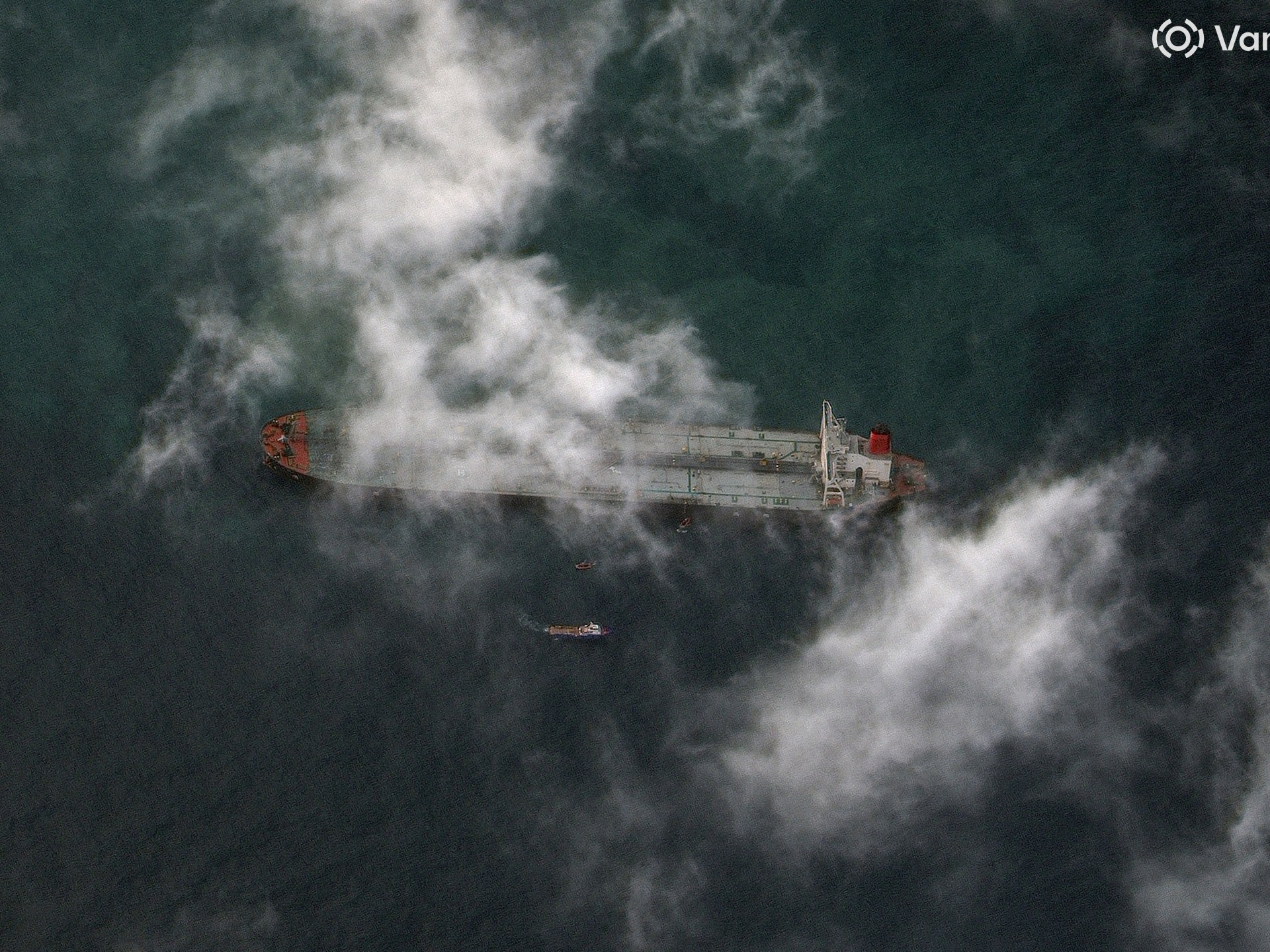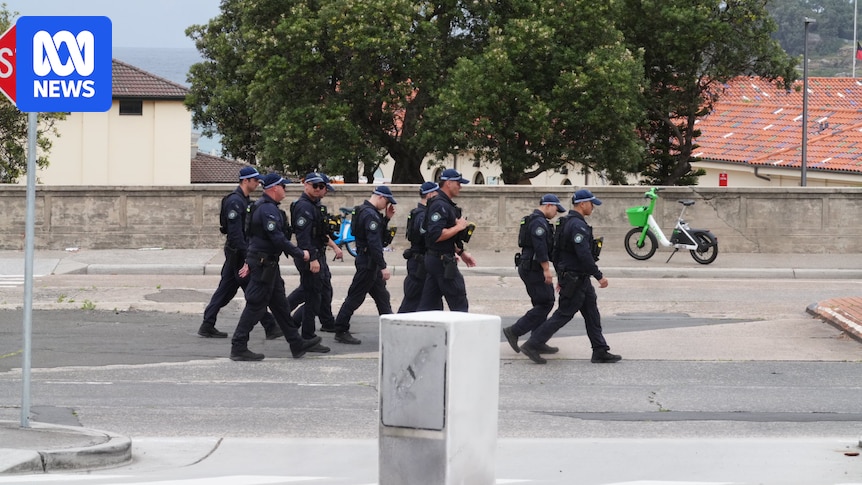A US official told Reuters that Washington will focus its attention on targeting Venezuela oil in lieu of ‘military options’.
Published On 25 Dec 2025
The United States will focus on…

A US official told Reuters that Washington will focus its attention on targeting Venezuela oil in lieu of ‘military options’.
Published On 25 Dec 2025
The United States will focus on…
When Turkish President Recep Tayyip Erdogan walked into the White House in late September, he needed to come out of the visit with a win. Erdogan had presented the Turkish public a grand vision of Turkey’s leadership in the Middle East, but…
When Turkish President Recep Tayyip Erdogan walked into the White House in late September, he needed to come out of the visit with a win. Erdogan had presented the Turkish public a grand vision of Turkey’s leadership in the Middle East, but…

Public assemblies have been banned for two weeks across Sydney after the NSW Police Commissioner activated powers prescribed after the terrorist attack at Bondi Beach.
Reforms to the state’s laws on gun ownership and public assemblies were…

The EU could “respond swiftly and decisively” against the “unjustified” US visa bans on five Europeans involved in combating online hate and disinformation, a European Commission spokesperson has said.
European leaders including Emmanuel…
Seoul, South Korea
—
North Korea on Thursday released new images of what it claims is its first nuclear-powered submarine, a massive vessel equal in size to some of the United…

Kim Jong Un made the comments while inspecting a North Korean nuclear submarine facility on Wednesday.
Published On 25 Dec 2025
North Korean leader Kim Jong Un has hit out at a new nuclear…